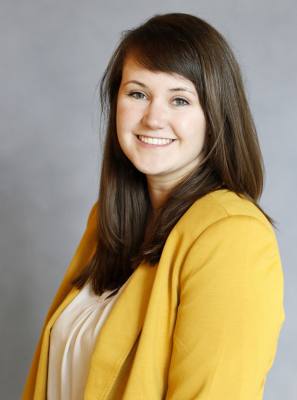At the Jan. 29 meeting, the Fort Bend County Commissioners Court voted on their priorities for Texas’ 86th legislative session that began Jan. 8.
Of the 27 resolutions proposed, 21 received a unanimous vote, while two—related to extraterritorial jurisdiction, or ETJ, detachment and sales tax spending—failed.
The resolutions with 5-0 votes included supporting a state fund for purchasing new voting system equipment, supporting animal protection and supporting a bill that would make changes to the open meetings act to allow commissioners to communicate easier during times of emergencies.
The six resolutions that did not receive a unanimous vote but still passed were:
- County Judge KP George’s resolution to support Medicaid coverage expansion. It received a 3-2 vote with Precinct 3 Commissioner Andy Meyers and Precinct 1 Commissioner Vincent Morales opposing.
- George’s resolution to support online voter registration. It received a 3-2 vote with Meyers and Morales opposing.
- George’s resolution to oppose revenue caps and support reform in property tax and school finance. It received a 4-1 vote with Meyers opposing.
- Meyers’s resolution to support House Bill 681 that would no longer allow cities to oppose special sales tax districts created by the county. It received a 3-2 vote with George and Precinct 4 Commissioner Ken DeMerchant opposing.
Additionally, two resolutions failed. They were:
- Meyers’s resolution to support House Bill 958 that would allow Fort Bend County residents within the city of Houston’s extraterritorial jurisdiction, or ETJ, to petition for detachment from the city. This resolution did not receive a motion for a vote, so it failed.
- Meyers’s resolution to support House Bill 957 that would ensure the 1 percent sales tax the City of Houston collects through special partnership agreements, or SPAs, with Municipal Utility Districts in the Fort Bend portion of Houston's ETJ is spent at least partially on public projects or services in the area where the tax is collected. The resolution failed in a 2-3 vote with George, Morales and DeMerchant opposing.
Bills that are voted unanimously by the court indicate to the county’s lobbyists that these have the full backing of the court and are priorities for the legislative session, said Jim Short, the county’s legislative lobbyist, at the Jan. 8 special session. Additionally, a 5-0 vote makes it easier to find a state representative or senator to sponsor a bill or carry out a vote on a bill that benefits the county, he added.
However, resolutions that fail or do not receive a unanimous pass vote can still be taken up by the Texas Legislature. For example, Meyers has been working with state Rep. Rick Miller, R-Sugar Land who filed HB 958 and HB 957.





